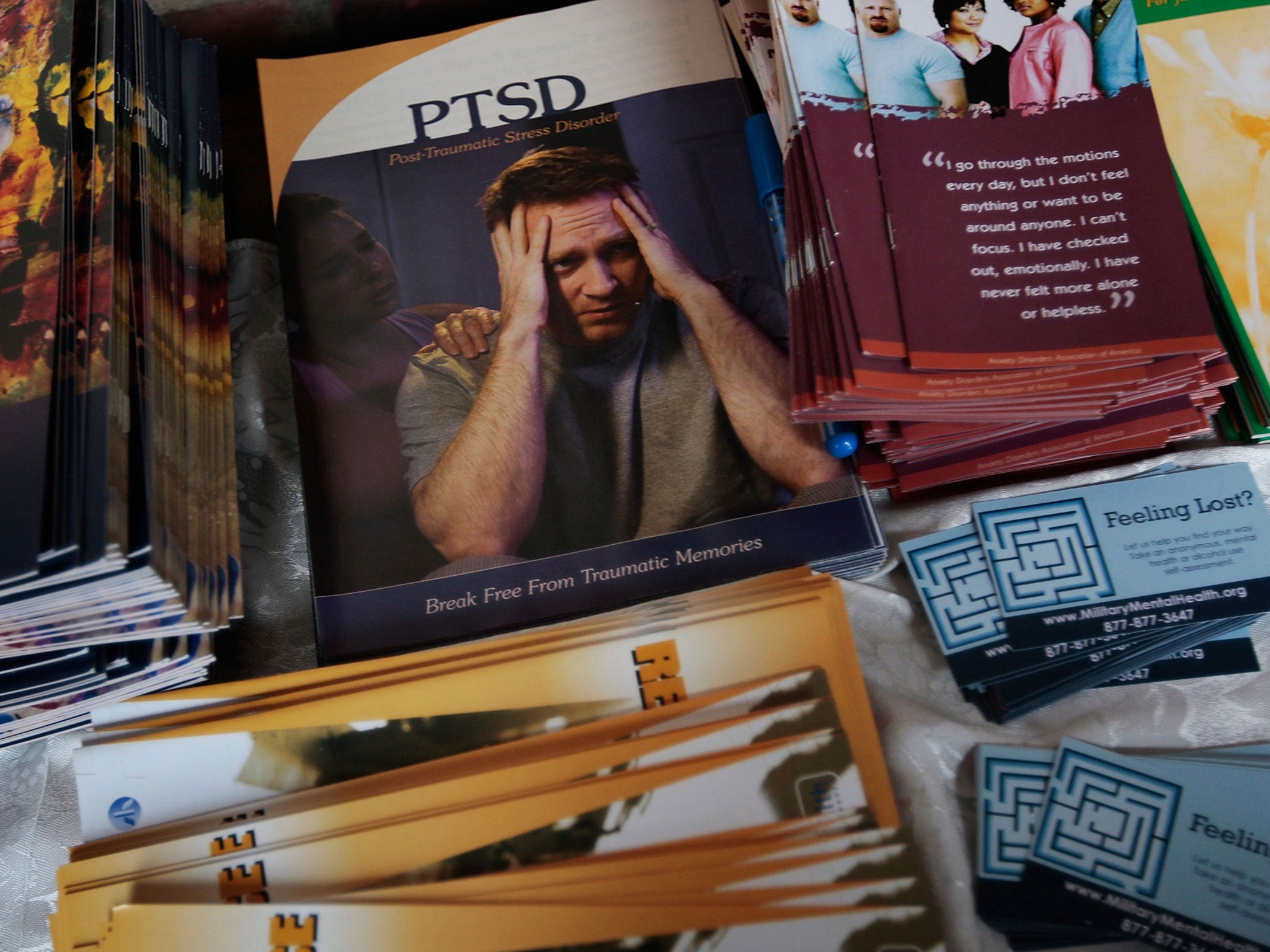Army needs better understand of PTSD, claims former soldier

Senior army officers should be sent on education courses to improve their understanding of soldiers suffering mental trauma, according to an Afghanistan veteran who says he felt “abandoned” by the army.
Paul Wilson, 29, served in the Royal Electrical and Mechanical Engineers for 10 years until 2012, when the onset of Post-Traumatic Stress Disorder (PTSD) during his final tour left him suicidal. He said although services are improving change is not happening quickly enough.
Several incidents on his final tour left him traumatised when he returned home to his family in Salisbury. He would stay in bed for days and began self-harming but told his wife Vicky there was nothing wrong. She eventually called Help for Heroes who invited Paul to come to Tedworth House, the charity’s flagship recovery centre in Wiltshire.
He said: “I felt abandoned. I was 18 when I left home, my parents in Halifax, and went into the army and into a new family but when it came down to it they didn’t want me anymore. It felt like I was pushed to one side.”
Speaking at Tedworth House, as the military charity celebrated receiving £1m through Tough Mudder events, the father-of-three said: “A lot of people high up in the chain of command need to be taken away and educated about mental health problems. Before Help for Heroes [mental issues] were brushed under the carpet and it wasn’t in the public’s interest. Now that it is people are learning lessons now because they have to know about it and it has forced the army to learn – they shouldn’t have to be forced but they have been.”
Prior to discharge, all service personnel now undergo a structured mental health assessment which aims to identify problems at an early stage and to pinpoint those who may need further treatment. The "Don’t Bottle it Up" campaign also aims to encourage serving personnel and veterans who need help to come forward to access a “wide range of support”.
A MoD spokesperson said: “We are fully committed to giving everyone who serves in our Armed Forces all the help and support they need. That is why this Government is investing £7.4m in improving mental health services, has introduced new mental health assessments and is running campaigns to encourage even more people to come forward and seek help.”
Paul’s ambition is to get a job while his wife Vicky, who gave up her college course to look after her husband, is about to return to her studies.
He said: “Without Help for Heroes I don’t know where I’d be; not alive probably. Vicky was my carer for a long time, but now I’m starting to get to the stage where I can care for myself.”
Join our commenting forum
Join thought-provoking conversations, follow other Independent readers and see their replies
Comments
Bookmark popover
Removed from bookmarks